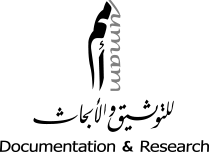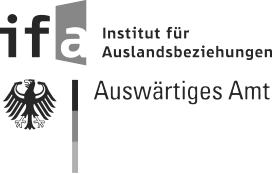
The prison as an institutional concept assumes a central position within countries across the Middle East and North Africa, exhibiting an often deliberately obscured, yet nonetheless pervasive presence within societies and their respective collective consciousness. Carceral systems throughout the region—before, during, and after colonialism—have proven intrinsically linked to, and partially determinative of, nations' trajectories vis-à-vis state-building, rule of law, and political pluralism. Yet the legacy of imprisonment is one that is currently still being written. In the years since the 2010 – 2011 popular uprisings, state and non-state actors alike have quietly set about expanding their disparate networks of detention facilities, both official and otherwise. As one might expect, the accelerated rate at which places of detention have been—and continue to be—constructed in several MENA countries has coincided with an exponential rise in the region's prison population.
It is within this context and in response to these socio-political, and increasingly militarized, developments that the MENA Prison Forum advocates and facilitates multidisciplinary engagement with "the prison" and the experience of imprisonment in the region. The Forum's raison d'être stems from the conviction that detention in its myriad forms warrants greater and more nuanced attention in its own right. Irrespective of the lens through which we examine the Middle East and North Africa, the prison looms large. It represents a kind of nexus, today located predominantly at the intersection of alleged "counter-terrorism," (de)radicalization, and security sector reform. As such, the prison is a point of interest shared among otherwise divergent fields: military intelligence, human rights, academia, and art and literature, to name only a few. To "unpack" the multi-faceted and far-reaching phenomenon of imprisonment, it is therefore necessary to avoid a narrow or fragmented perspective. The Forum thus seeks to address carceral issues in a holistic manner that not only acknowledges but also brings into conversation their countless layers and dimensions.
Prisons and their corresponding detention practices have played an indisputable role in perpetuating and exacerbating societal discord and human suffering within the MENA region. Yet it is only from a comprehensive level of awareness and understanding that we can ultimately devise and adopt an integrative approach toward effective and sustainable reform and rehabilitation.
The MENA Prison Forum (MPF) was conceptualized by UMAM Documentation and Research (UMAM D&R) co-founders Lokman Slim and Monika Borgmann. The work of the MPF continues in Lokman's memory after his assassination in Lebanon on February 3, 2021.
[An initiative by]

[With support of]


